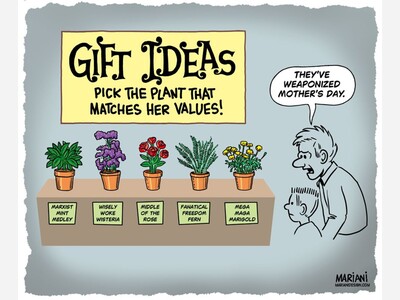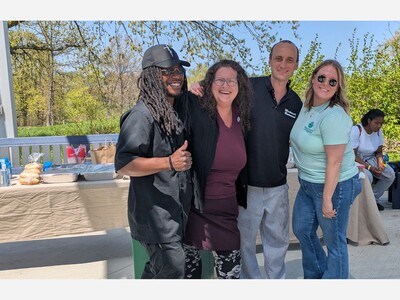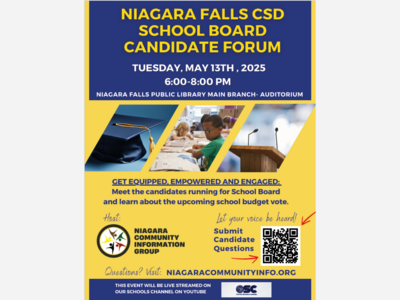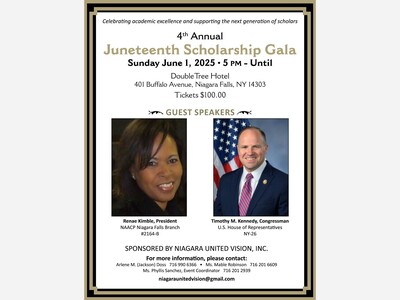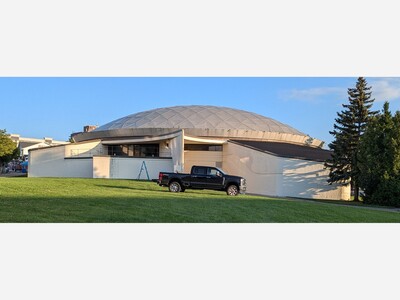Feedback on proposed zoning change shows Falls has an inclusivity problem
Niagara Falls government has an inclusivity problem.
It reared its head last week, at the Waterfront Redevelopment Initiative meeting when no one could answer how residents were chosen for input and again last night at the City Council meeting when multiple community members stepped forth to challenge a proposed zoning code ordinance designed to better regulate Niagara University Student Housing by defining permissible use to exclude group housing.
The code change, rather than being forwarded to planning boards at the city and county level, was tabled for consideration of new council members in a few months. Councilperson Ken Tompkins questioned the wisdom of tabling it because the amendment has been under development for 8 years. Numerous council persons have come and gone in that time.
At the core of the proposal is a desire to control where unruly Niagara University students who can be poor neighbors live. There have been at least four meetings at Maple Avenue school in recent years on the topic with NU administrators promising cooperation and enforcement of student code of conduct but nothing really changing.
The first speaker on agenda items was Bob Belton, community activist, avid cyclist and supporter of the NAACP.
“This amendment comes dangerously close to exclusionary zoning,” Belton said noting the language in the ordinance felt like it was from the 50s or 60s. “Single-use zoning makes housing less affordable.”
Bill Kennedy Sr. spoke about living with student neighbors, being friendly but holding them accountable, letting them choose if he would be there best friend or worst nightmar
Sharon Bailey of McKoon Avenue, one of the streets hardest hit with ill-behaving Purple Eagles spoke unequivocally in favor.
Councilperson Donta Myles said in his previous employment as an outreach worker for Pinnacle Community Services, he personally knew 16 families displaced by the city’s short-term rental ordinance which strictly defined where STRs can operate. That ordinance is in place but appears unenforced. Numerous unlicensed AirBnbs continue to operate in the city.
The city retained an outside service to identify illegal AirBnbs two years ago but there has yet to be a public presentation to the council on what it found. Members of the short term rental industry called that action folly because they claimed to have already identified and submitted lists of illegal operators that were never acted upon.
Myles has been a frequent and vocal critic of the current administration and was laid off from that job when city-controlled funding was cut for youth outreach in what appeared to be political retribution from Mayor Restaino.
Cauley, as is his thing, cautioned the council against another case of “ready, fire, aim” and suggested the new ordinance needs to be further refined before going to planning.
Tompkins pointed out the vote was only to move the zoning change to planning for feedback so that changes could be recommended.
Irene Wilson, vice president of the local NAACP chapter, cautioned about exclusionary zoning an intensive consequences.
Perhaps the most damning and authoritative criticism, however, came from Saladin Allah of the Underground Railroad Heritage Museum who criticized the language in the ordinance as racist, sexist and ableist and contrary to the interests of the city’s African community.
Allah, a credentialled scholar on the topic, has not only visited Africa to better understand the heritage of our community but spoken as a recognized expert on the topic at the United Nations.


